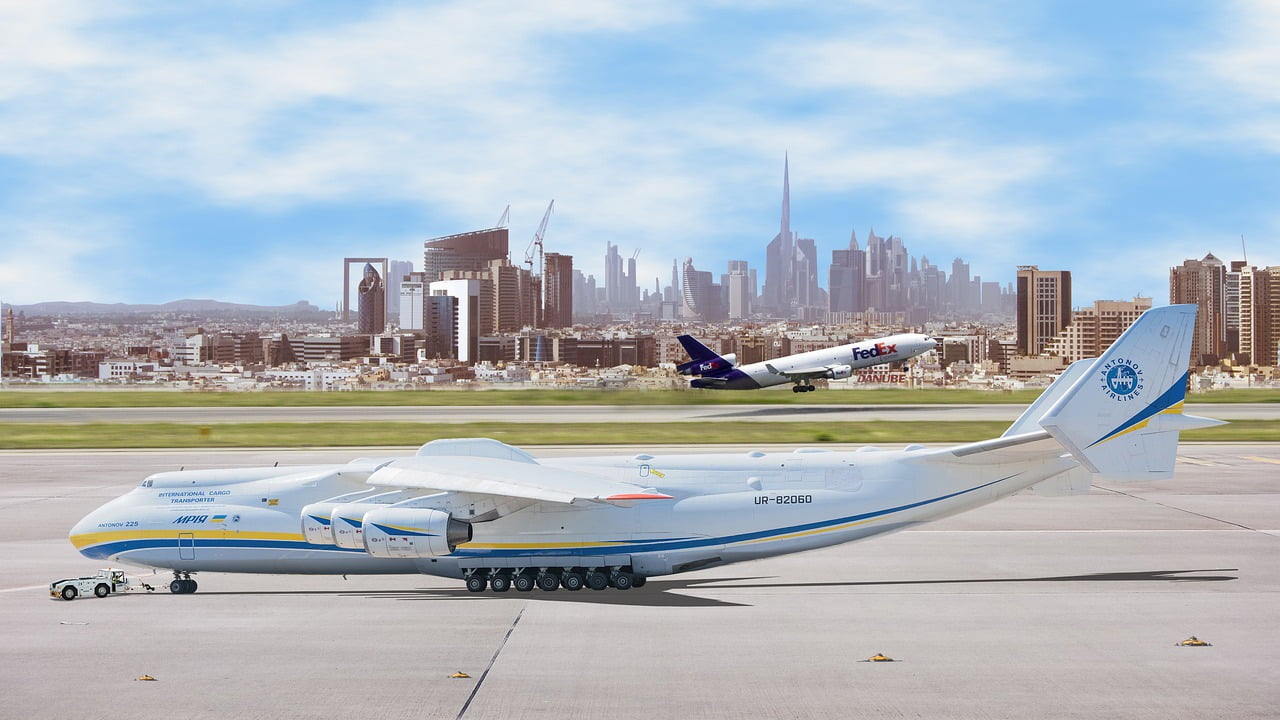FedEx Corporation (NYSE:FDX) had requested the Federal Aviation Administration (FAA) for approval of laser-based missile defense systems on its Airbus A321-200 planes in 2019. However, on Tuesday, the FAA withdrew the conditions under which such would have taken place.
Q4 2021 hedge fund letters, conferences and more
Withdrawal
As reported by the New York Post, upon the withdrawal, the FAA said that further internal study was necessary. To avoid a misunderstanding the organization said it was not “moving forward at this time, the FAA is withdrawing the notice.”
FedEx request was based on security grounds as several passenger and cargo airlines worry about Man-Portable Air Defense Systems known as MANPADs, which are shoulder-fired and sport infrared systems in some cases.
A document by the FAA said, “The FedEx missile-defense system directs infrared laser energy toward an incoming missile, in an effort to interrupt the missile’s tracking of the aircraft’s heat.”
Several incidents have been reported throughout the years, and both the airline and cargo industries are looking at ways to prevent further attacks.
Trials
The FAA describes the equipment as a novel or unusual design feature compared to the state-of-the-art provided for in the airworthiness standards for transport category airplanes. This design feature is a system that emits infrared laser energy outside the aircraft as a countermeasure against heat-seeking missiles.
This system is not new in commercial aviation, as Israeli Airlines introduced such technology on its aircraft in 2004. El Al, the Israeli national airline, was the first to use these systems, and the adaptation cost a million dollars per plane.
It was in November 2002 that another Israeli carrier, Arkia Israeli Airlines, had an incident with MANPAD weaponry. A Boeing 757 passenger jet was almost hit by two missiles in a flight from Mombasa airport.
Another courier, DHL —Deutsche Post AG (ETR:DPW)— had an incident in 2003 when an A300 cargo plane was forced to make an emergency landing in Baghdad after being hit by the same type of missile.
Between 2007 and 2008, FedEx took part in a government-led trial of anti-missile systems to be installed in passenger planes by Northrop Grumman Corporation (NYSE:NOC). The trial also involved American Airlines Group Inc (NASDAQ:AAL).
FedEx is part of the Entrepreneur Index, which tracks 60 of the largest publicly traded companies managed by their founders or their founders' families.






